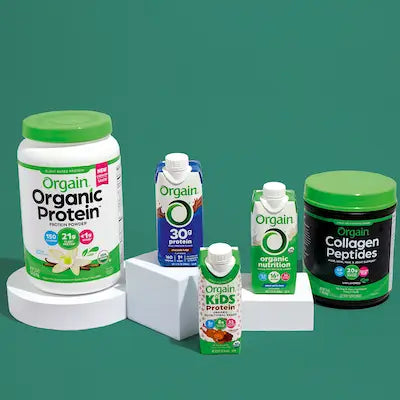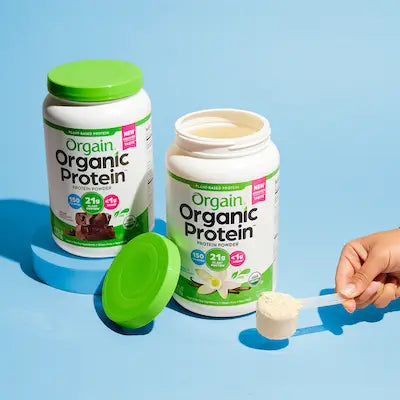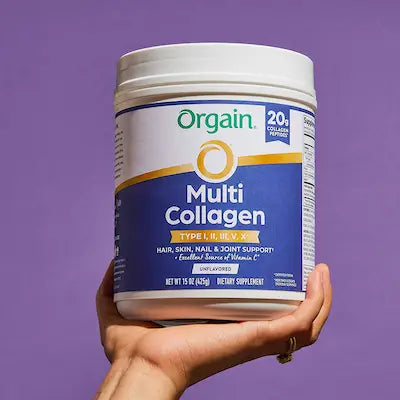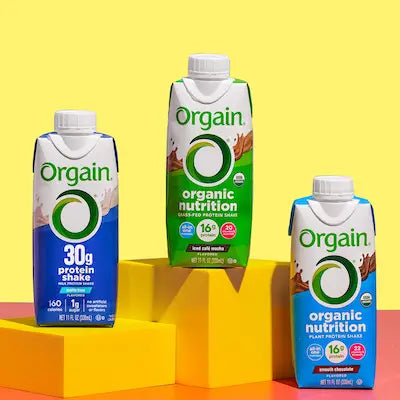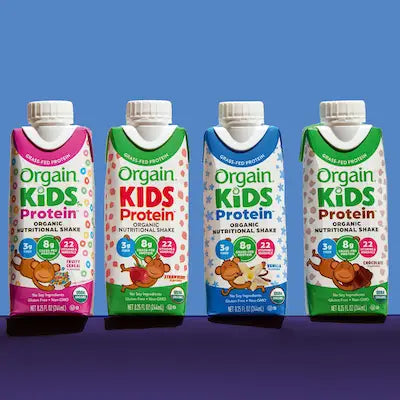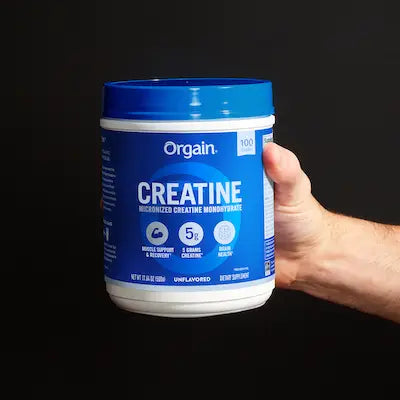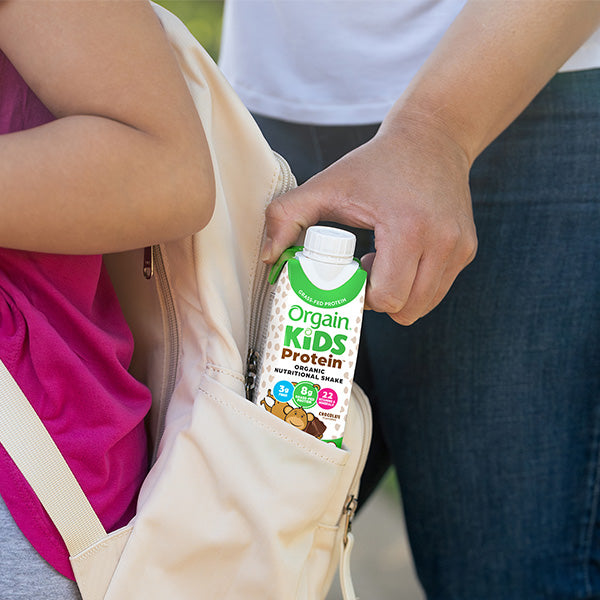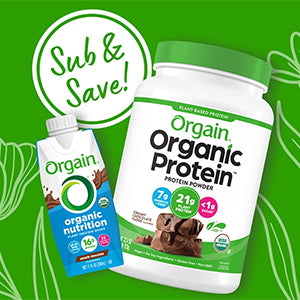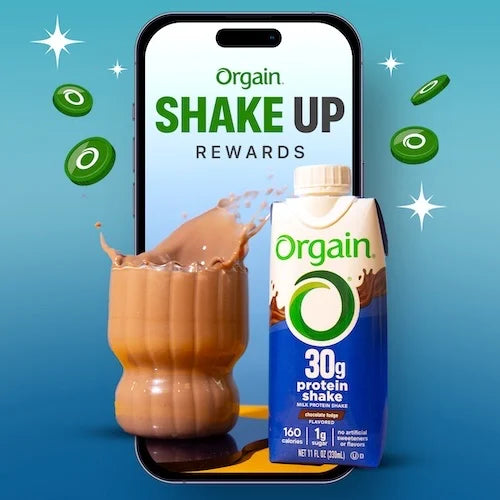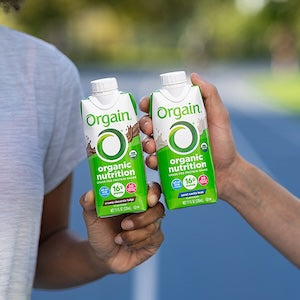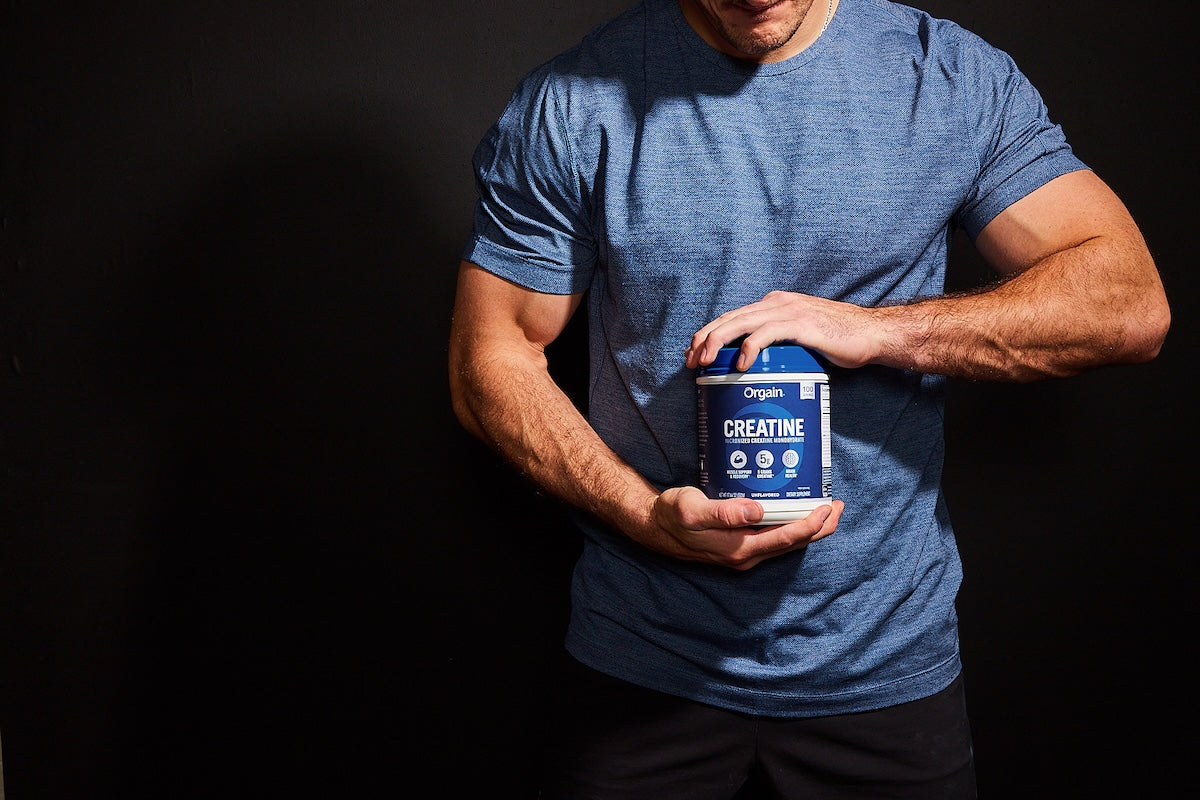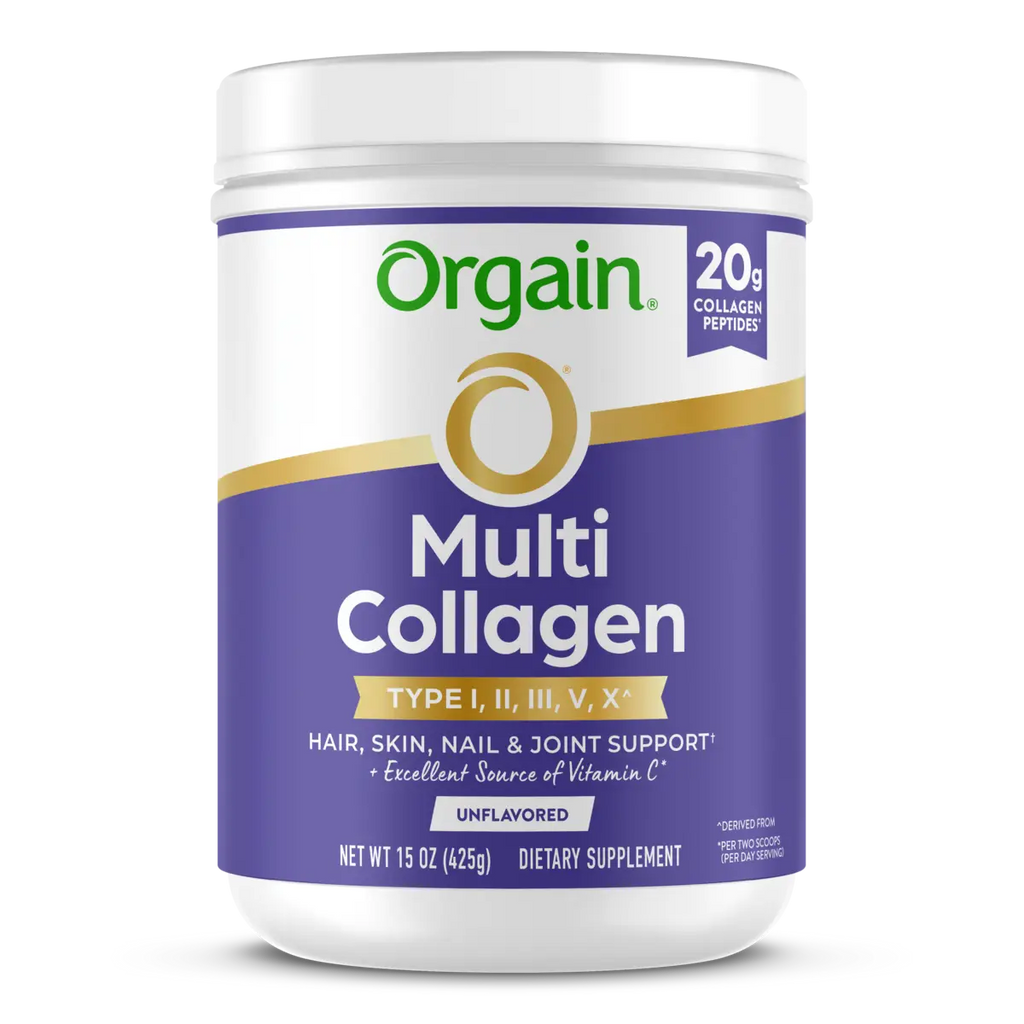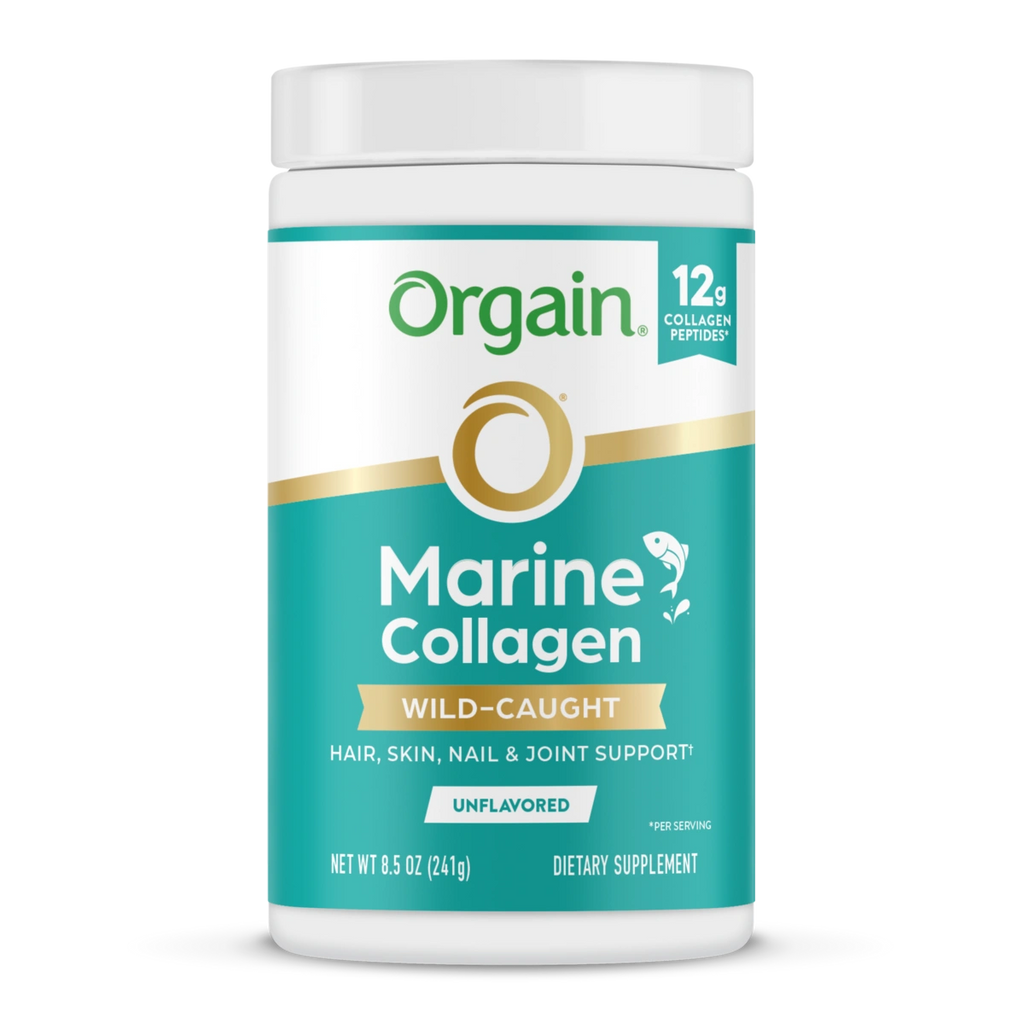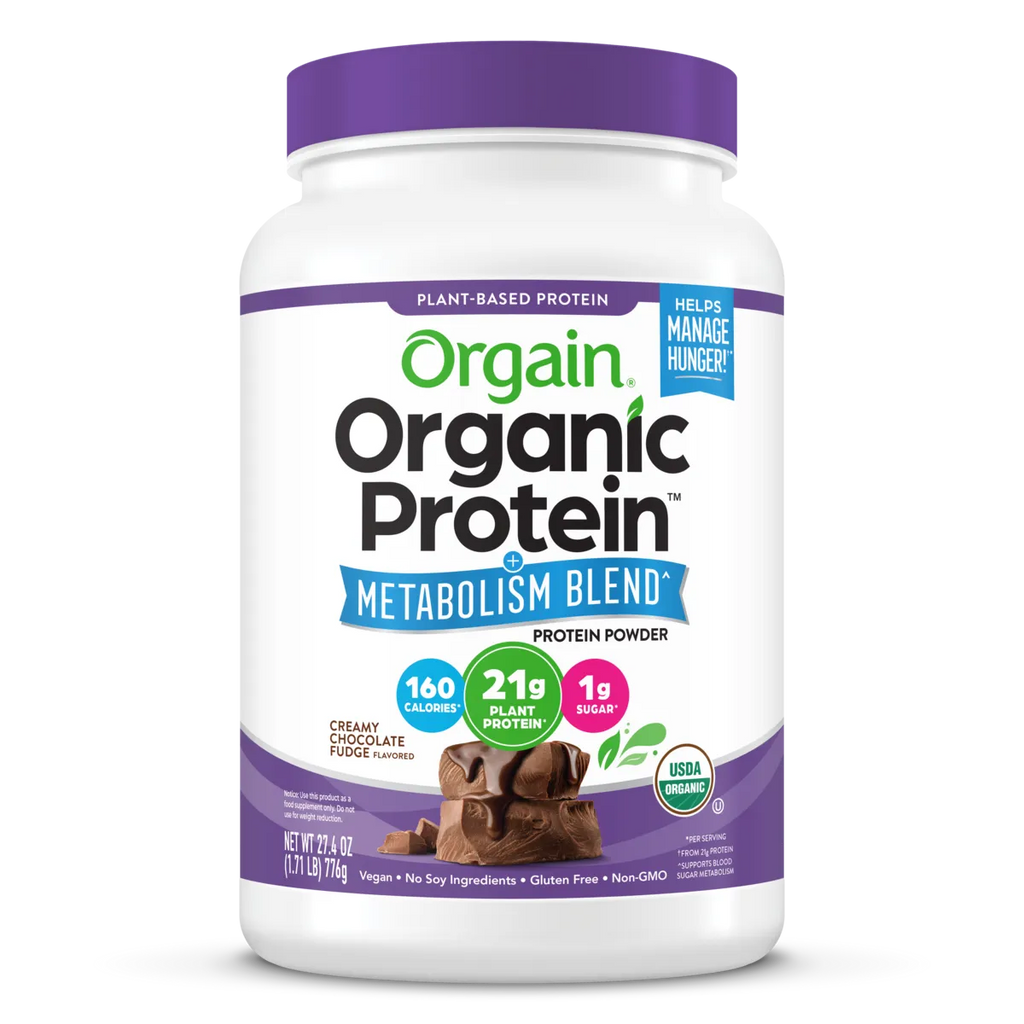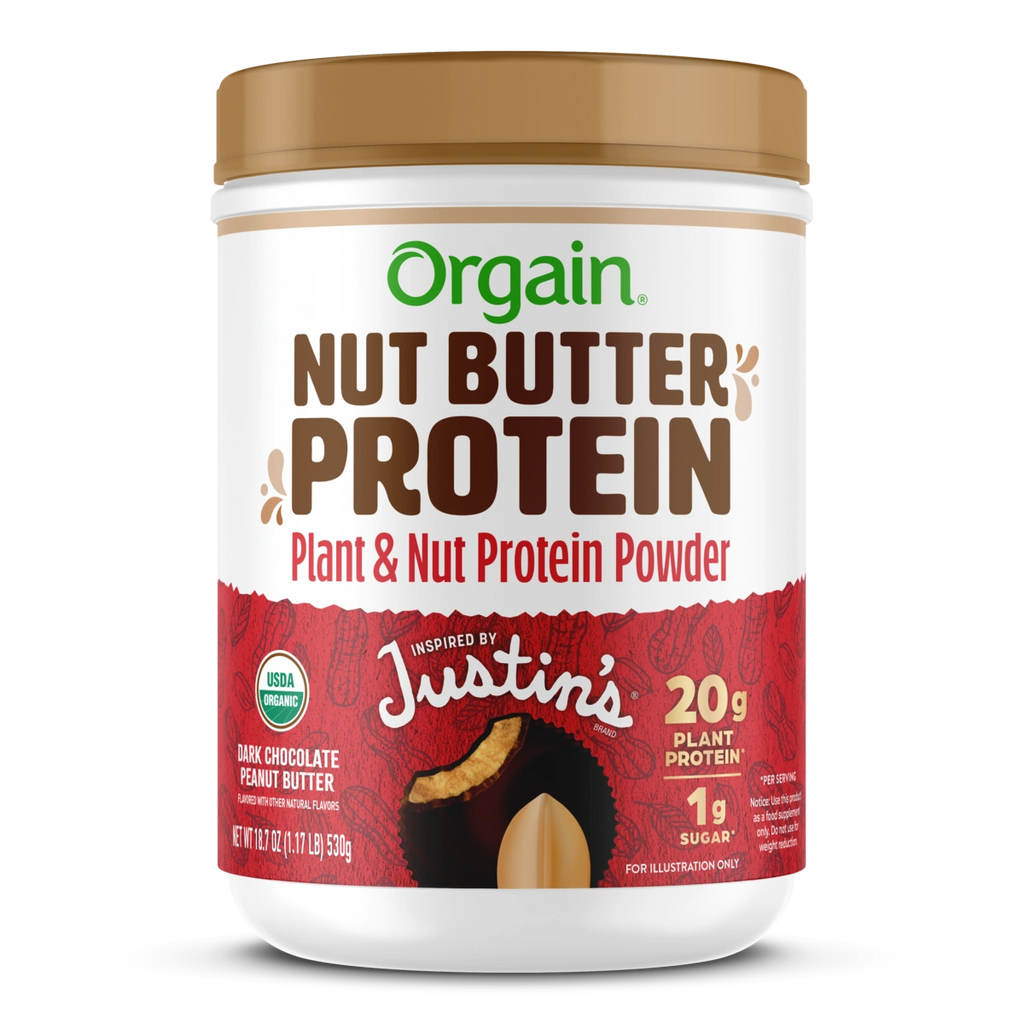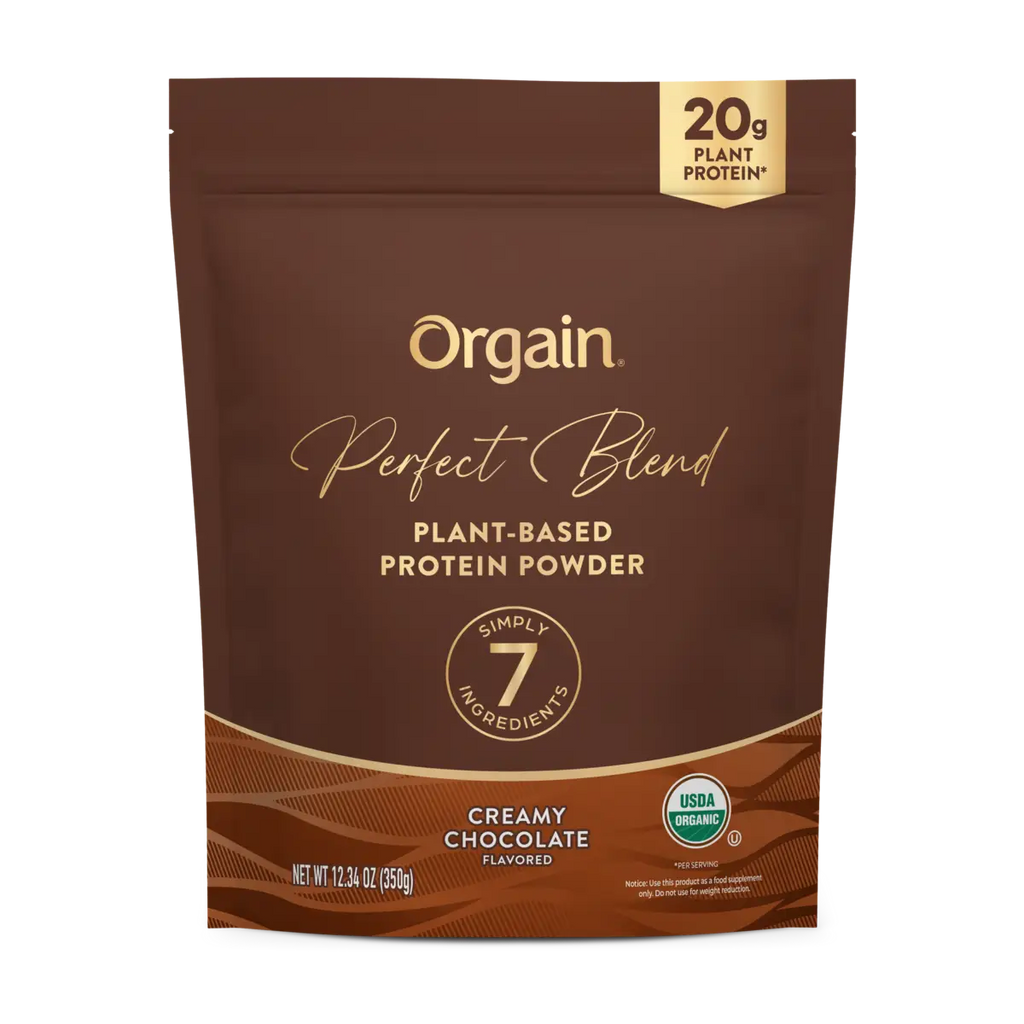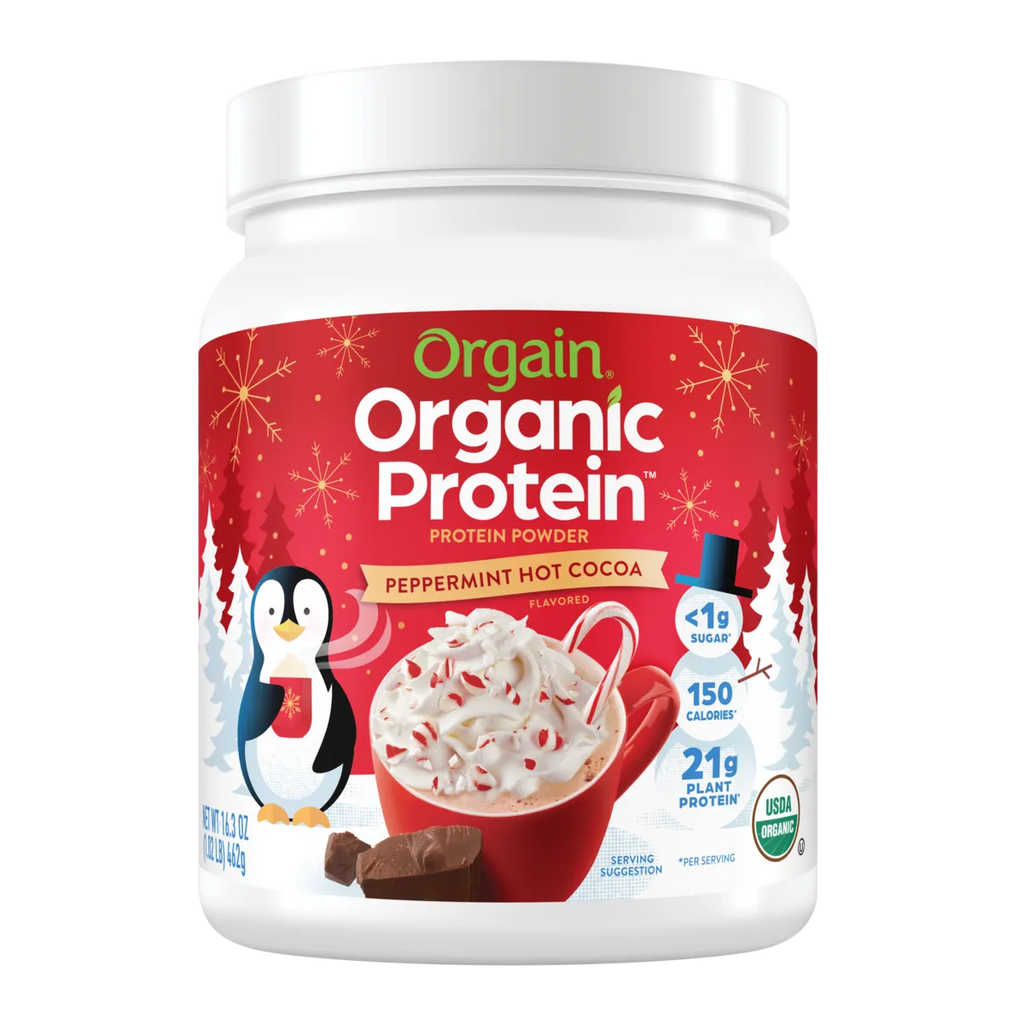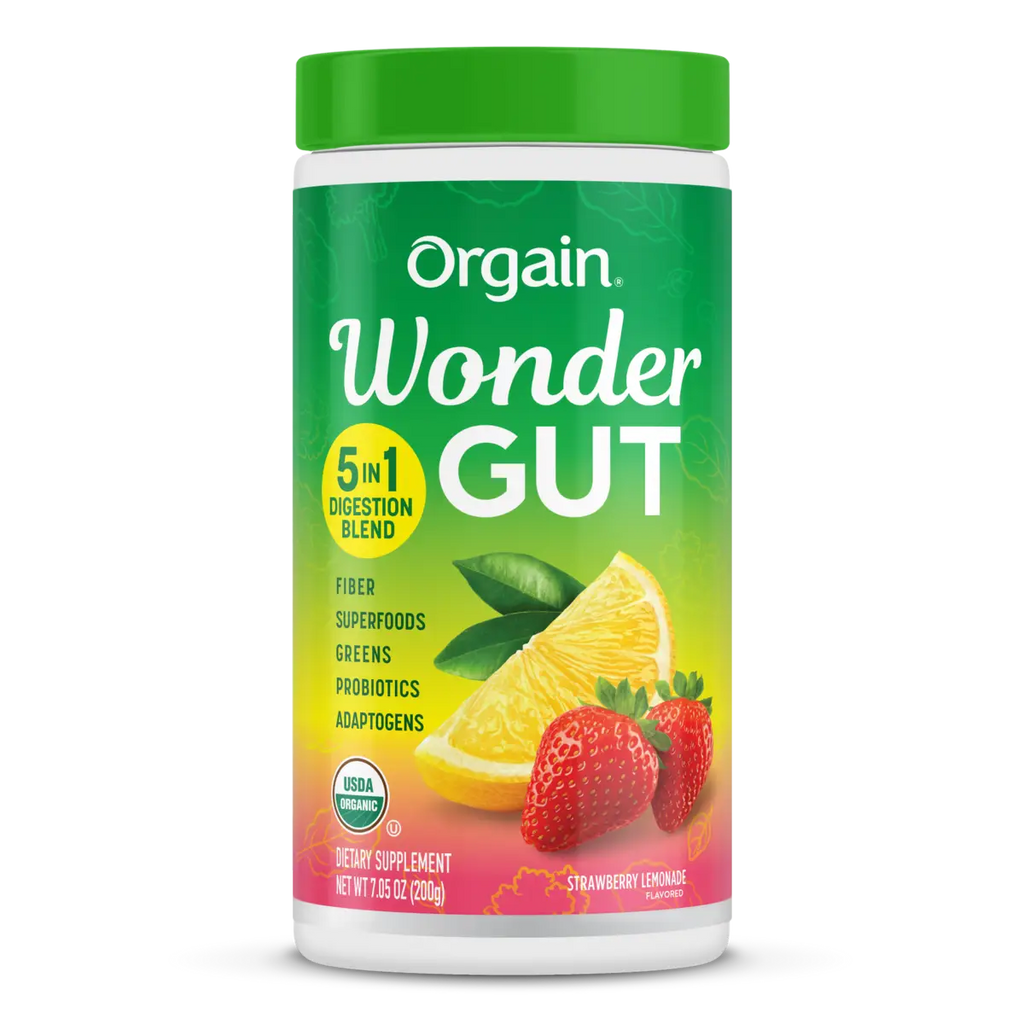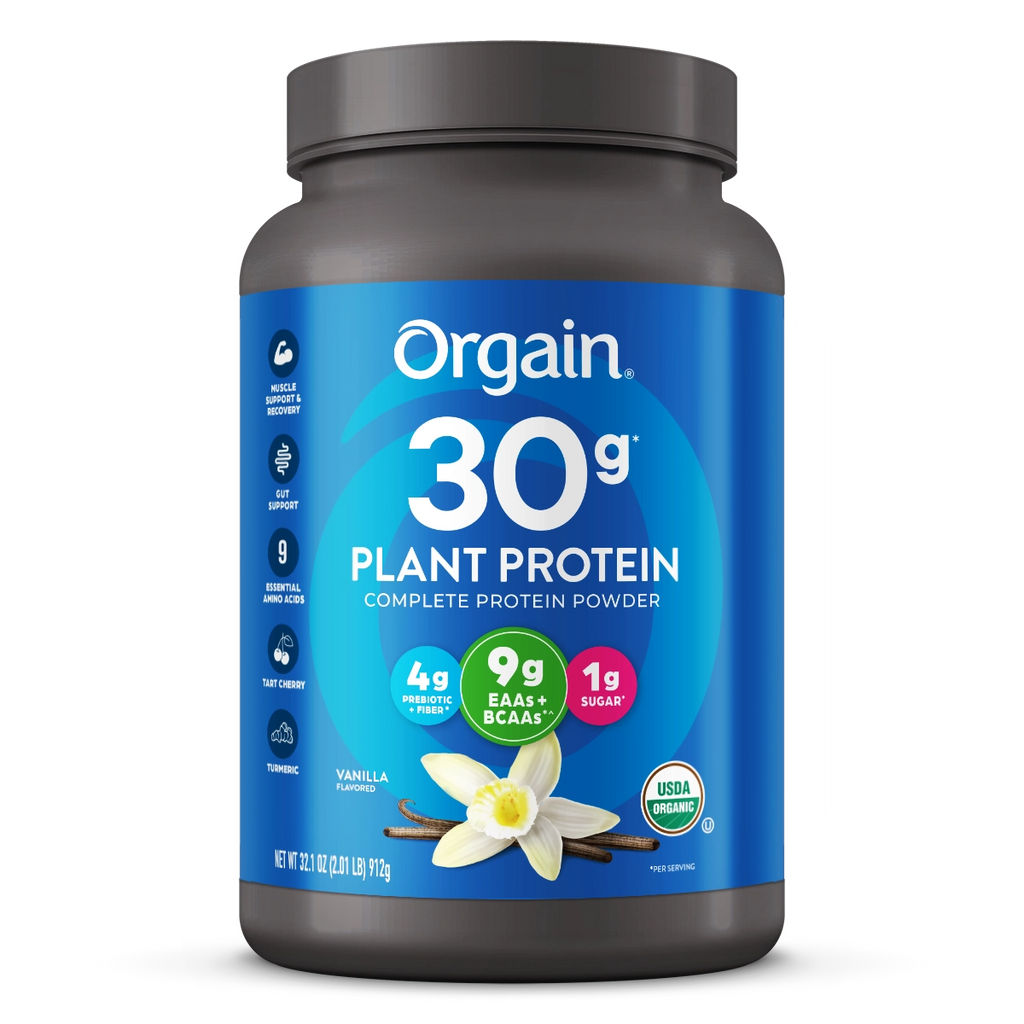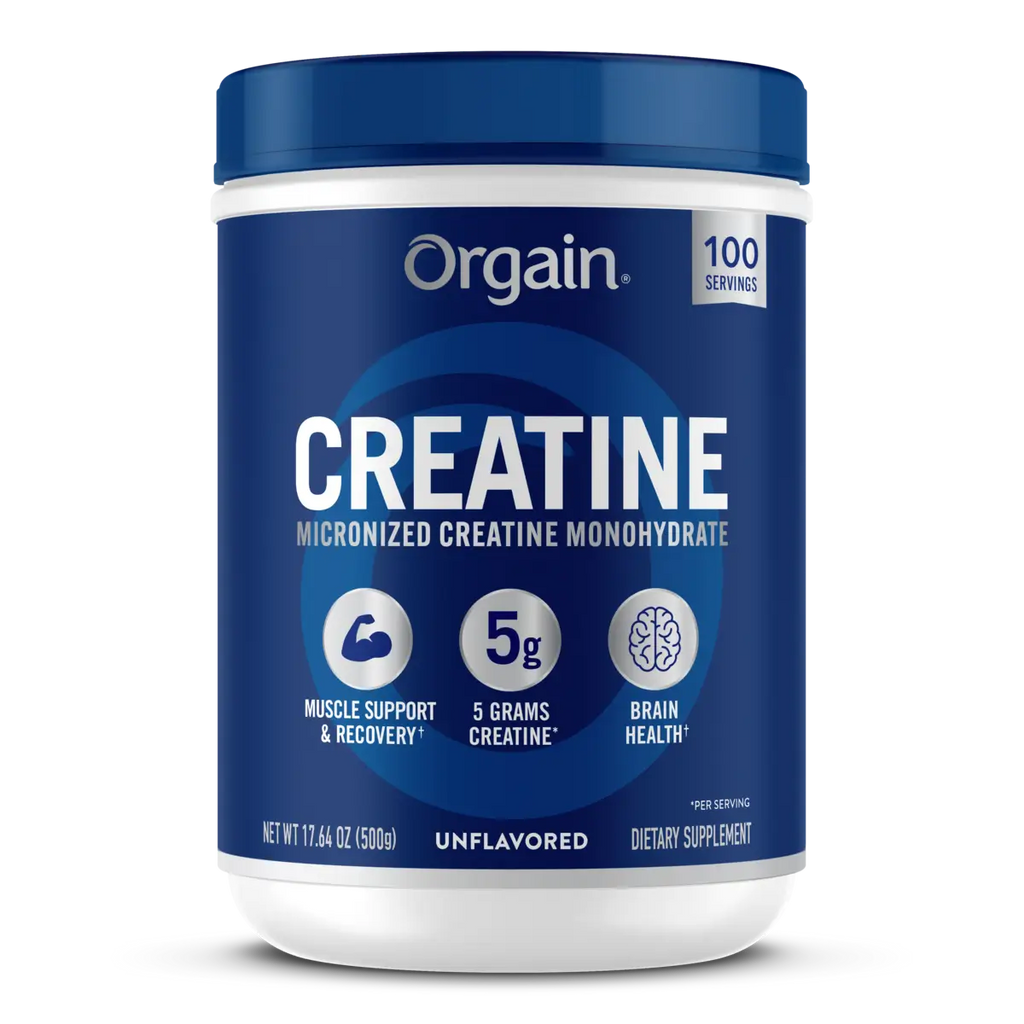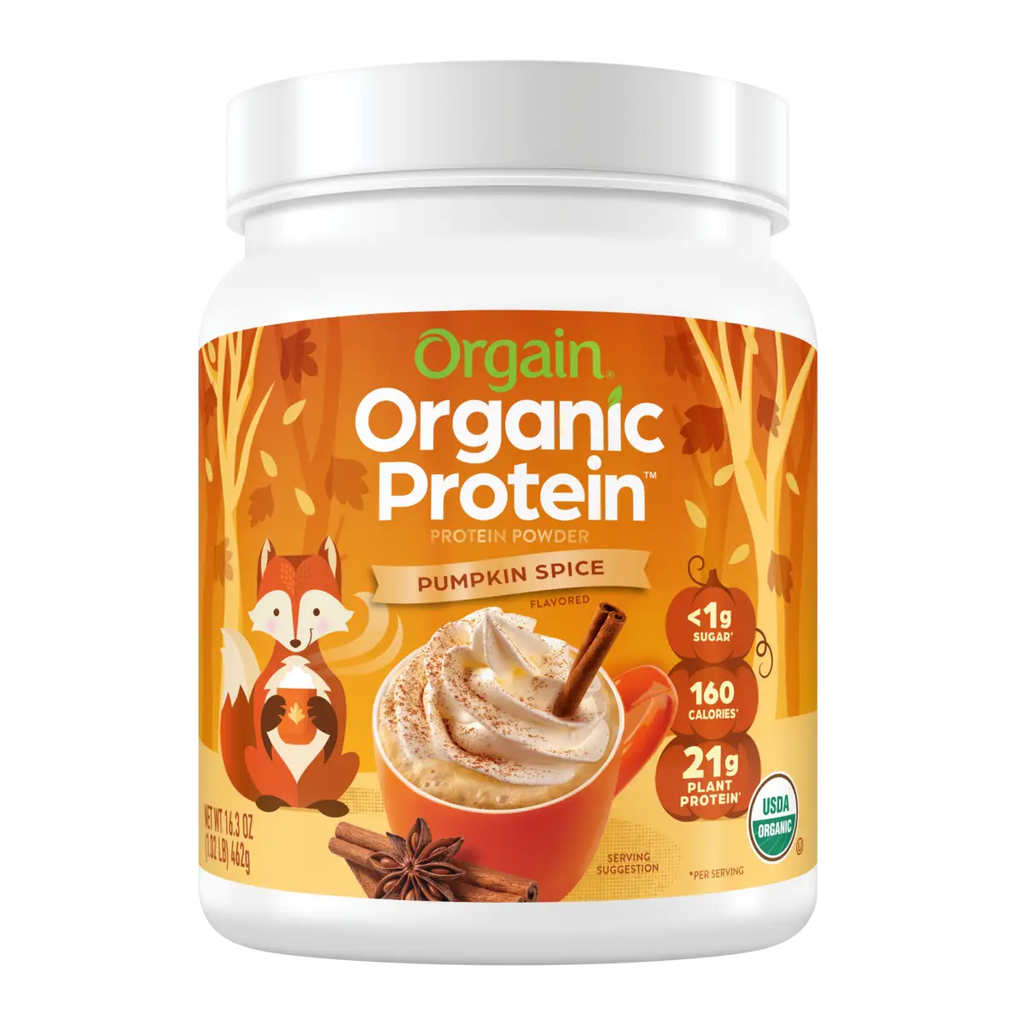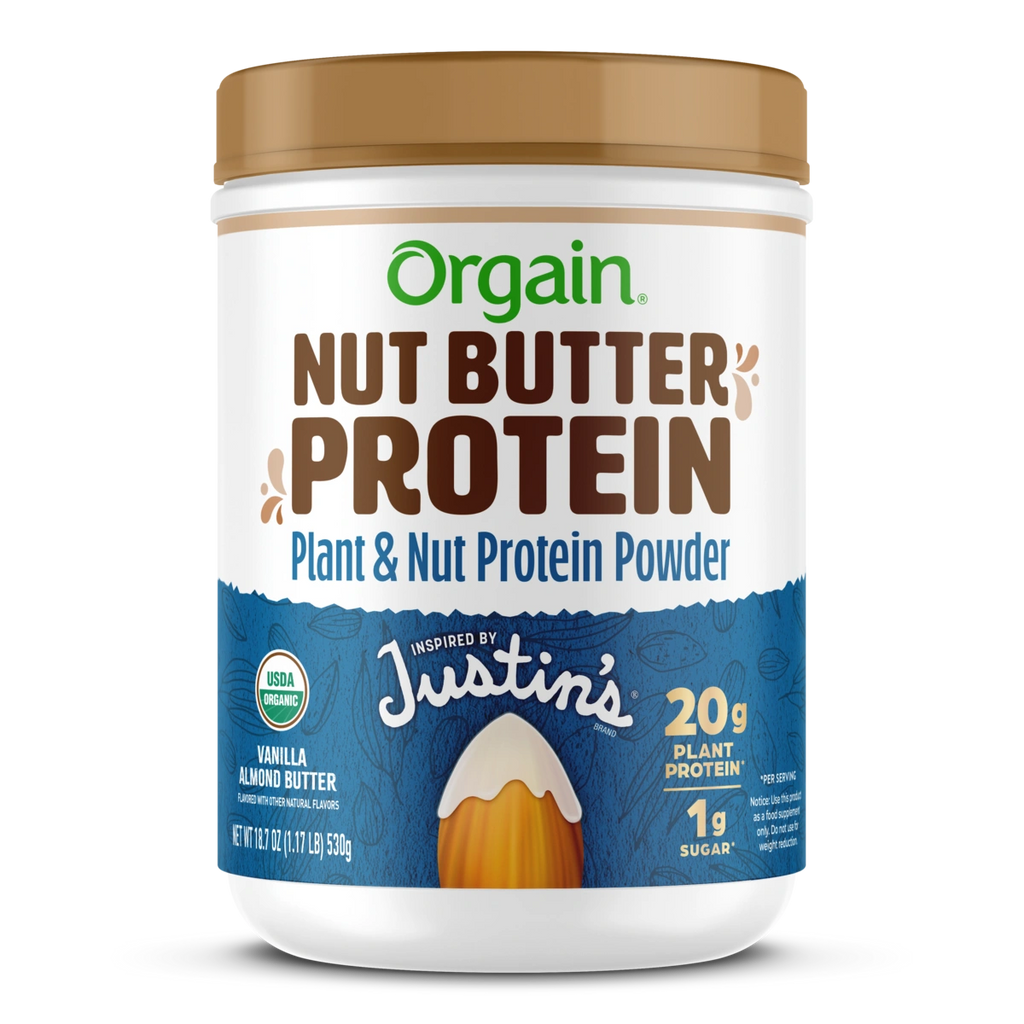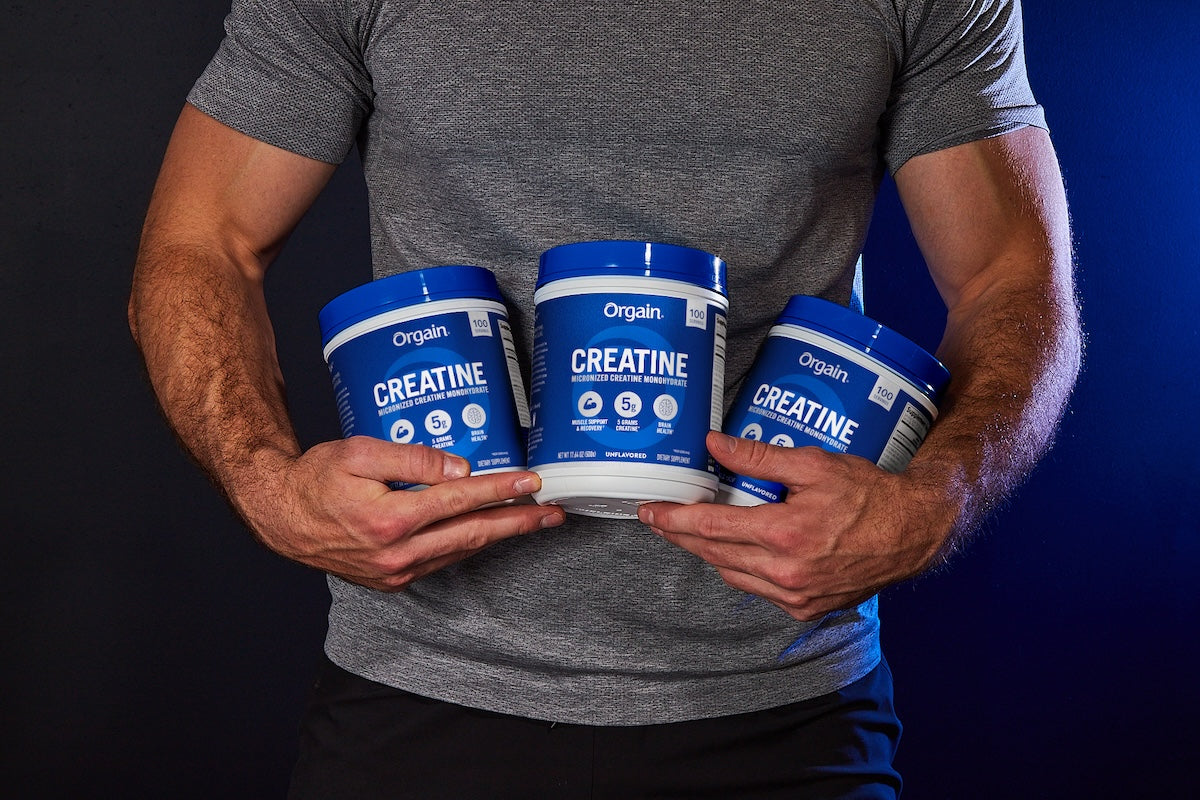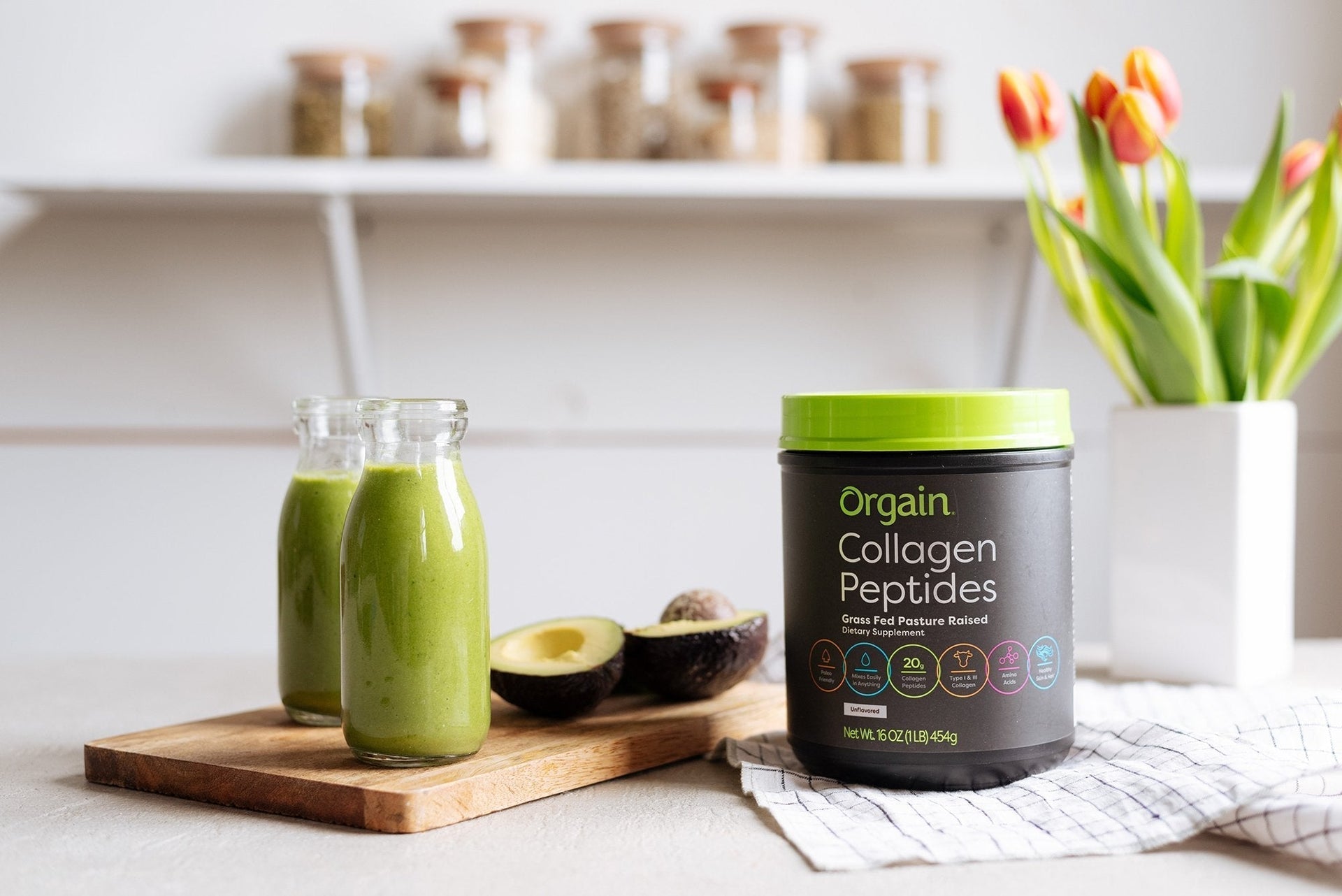If you’re curious about what creatine is and how it can benefit your health and performance, you’re not alone. Creatine is one of the most popular and well-researched supplements on the market. But what does creatine do, exactly—and is creatine good for you?
Let’s explore how this powerhouse compound works, who it’s for, and why it’s gaining popularity beyond just the weightlifting crowd.
What Is Creatine?
Creatine is a naturally occurring compound found primarily in your muscles and brain. Your body synthesizes it from three amino acids: arginine, glycine, and methionine. Creatine is also present in foods like red meat, pork, and fish—though in relatively small amounts. Most people get only about 1–2 grams per day from diet alone.
Once ingested or synthesized, creatine is stored primarily in the muscles as phosphocreatine, which serves as a rapidly accessible energy reserve. This reserve helps fuel short bursts of intense activity, such as sprinting, jumping, or lifting weights.
How Does Creatine Work and What Is It Good For?
During exercise, your muscles use ATP (adenosine triphosphate) for energy. However, ATP stores get depleted quickly—usually within 10 seconds of high-intensity movement. That’s where creatine comes in. Phosphocreatine helps regenerate ATP by donating phosphate groups, allowing you to maintain effort and power output longer.
So, what is creatine good for? Research has typically focused on its performance enhancing properties like its role in supporting:
- Muscle size, strength & power
- Muscle recovery from strength training or high intensity activity
And now
- Improved recovery between workouts
- Hydration and cellular fluid balance
- Muscle preservation with age
- Mood and energy support, amidst sleep deprivation or high stress
These benefits make creatine relevant not just for athletes, but also for the general population, including women, older adults, and those looking to support overall wellness.
How Much Creatine Should I Take?
If you're new to creatine supplementation, you may be asking how much creatine per day is effective—or more specifically, how much creatine per day to build muscle. The most well-supported and widely used dosage is 3–5 grams daily. This range has been shown to support full muscle saturation over time and maintain elevated creatine stores with continued use.
Some individuals choose to start with a loading phase, taking 20 grams per day (split into four servings) for 5–7 days, followed by a maintenance dose of 3–5 grams daily. While loading isn’t required, it can help accelerate results in the early stages of supplementation.
As with any routine, consistency matters, but if you’re wondering when to drink creatine, many choose post-workout, though it can be effective any time of day. Taking it daily remains the most important factor for long-term performance and recovery benefits.
Are There Any Creatine Side Effects?
Creatine side effects are generally mild and uncommon in healthy individuals. The most reported issues include:
-
Weight gain - As the body begins to store creatine as phosphocreatine, it also hydrates the muscle. So, rather than water being held under the skin, typically reported as bloating, the mild water retention from creatine is in the form of muscle hydration.
-
Mild stomach upset – When taking high doses of creatine, typically during a loading phase (mentioned above), or taking creatine on an empty stomach, one may experience mild stomach upset. This may be alleviated by taking the maintenance dose (3-5g) or consuming creatine with food.
To minimize side effects, drink plenty of water and stick to recommended dosing guidelines. Choosing a high-quality, micronized creatine monohydrate can also improve mixability and may support easier digestion.
In Conclusion…
Creatine is a naturally occurring compound found primarily in the muscles and brain and works by restoring ATP, your body’s energy currency, during high-intensity activities. The benefits of creatine extend well beyond the gym and athletic performance, to include support for brain health, with some initial studies suggesting support for cognitive performance, hydration, mood and energy support, muscle preservation with age, and the list appears to be growing daily.
Whether you're asking what does creatine do, how does creatine work, or what is creatine good for, it’s clear that this supplement is a powerful and versatile tool. With consistent, proper use, creatine can be a safe, effective addition to nearly any health and wellness routine.
